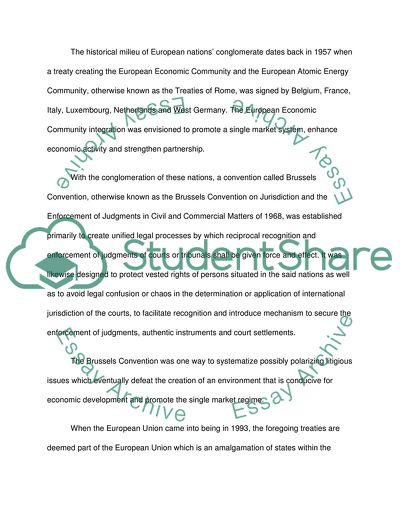Cite this document
(International Contracts: Brussels Regulations Coursework, n.d.)
International Contracts: Brussels Regulations Coursework. Retrieved from https://studentshare.org/law/1746708-international-contracts
International Contracts: Brussels Regulations Coursework. Retrieved from https://studentshare.org/law/1746708-international-contracts
(International Contracts: Brussels Regulations Coursework)
International Contracts: Brussels Regulations Coursework. https://studentshare.org/law/1746708-international-contracts.
International Contracts: Brussels Regulations Coursework. https://studentshare.org/law/1746708-international-contracts.
“International Contracts: Brussels Regulations Coursework”, n.d. https://studentshare.org/law/1746708-international-contracts.


